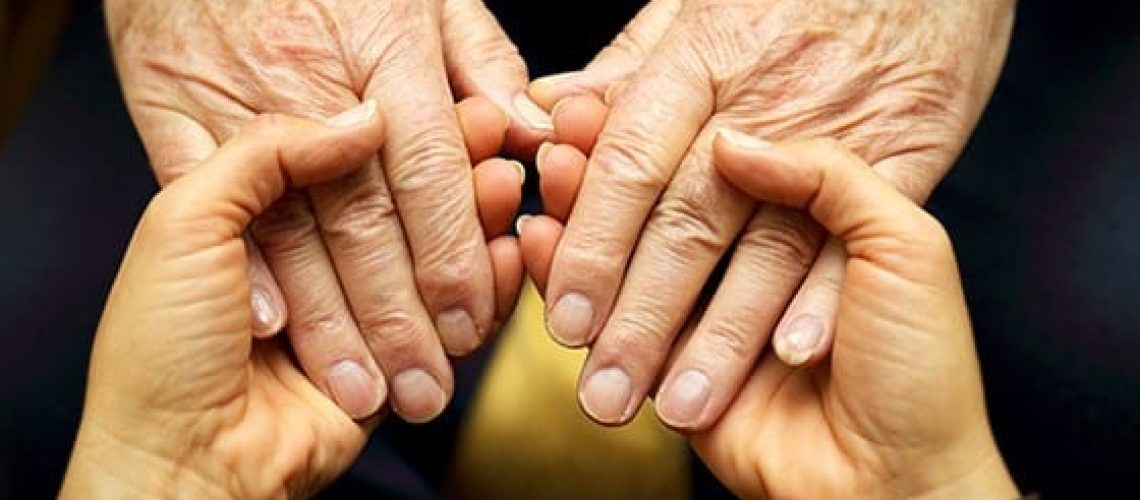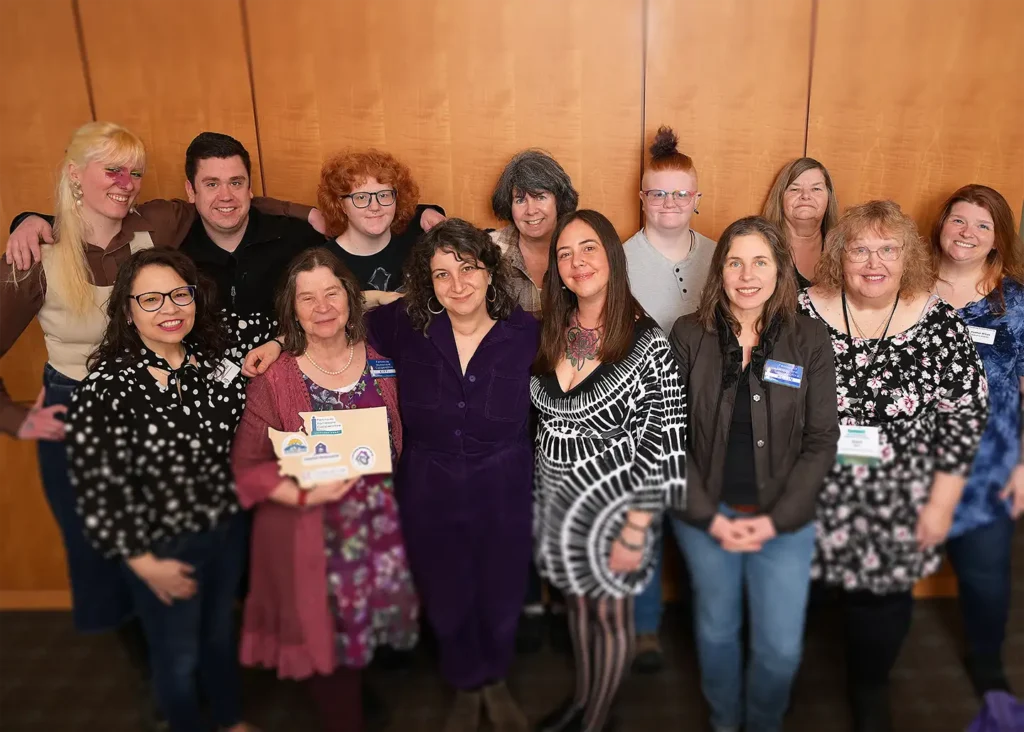Words from a caregiver on the cultural fear of aging and becoming dependent on others.
A few years ago, I met a new client who was starting to feel the effects of Dementia. As we sat and talked, she asked me the same set of questions over and over. “Do you live around here?” “Where are you from?” “What do your parents do?” and so forth. I answered them each time as if it were the first, asking her the questions about her life back. She told me stories about her childhood multiple times, word-for-word. We talked about her time spent gardening, cooking, and raising multiple kids.
As we spoke, she noticed my hands, the ones I’ve had for 21 years and still lacked wrinkles or arthritis. She took mine in hers and compared the two sets, saying “Oh, you have such beautiful hands. Mine look so ugly. They’re so wrinkled and my fingers aren’t straight like yours.”
I was a bit taken aback by this, to see someone so critical of their own hands. I held her hands, looked her in the eyes, and said “I think yours are beautiful– Your hands have done so much!” She chuckled awkwardly at this, as anyone does when they’re given a compliment they don’t believe. I continued “You cared for three kids with these hands. Your hands have cleaned, cooked, gardened, wrote letters, showed love, and helped you care for yourself. Your hands look like this because of all the ways you have used them for good. They show how hard you’ve worked. I want you to be proud of this.” By the time I finished my speech, she was teary-eyed. “Thank you,” she said. “I never thought of it this way before. I will try to remember to be proud of them.” The moment was tender and vulnerable, and I remember feeling glad I took the time to tell her this.
The thing about Dementia is that while it’s easy for the person to forget what you said to them, the feelings you bring with your words will stick around like an aftertaste. Constant arguing with someone with dementia on small subjects can easily lead them to associate you with bad feelings; even after the argument is long-forgotten, the aftertaste remains. And the fact that they may not remember their day doesn’t mean that it’s not worth taking the time to create those positive experiences. I didn’t think my client would remember our conversation, much less remember me, but I can tell you after that she never brought up her “ugly” hands to me again. She began giving me hugs when it came time to say goodbye, a great reward for me.
My practice of showing appreciation for elder’s bodies didn’t end there. Most of my other female clients, and rarely male clients, have said something similar about their bodies with self-hatred based on internalized ageism, and with no recognition of the fact that it’s part of how their body has adapted after a lifetime of work and effort, and carried them to the present day. It quickly became clear to me that most elderly women don’t see their devotion to raising a family as work that requires great skill and drive. For many in this generation, it was a baseline standard that wasn’t seen as true work. Mothers and grandmothers downplay their accomplishments by saying they “didn’t do much” when asked about their life’s work, when in reality they ran an entire household and ensured their loved one’s well-being, 24/7. But it IS work, to raise children into adults who then go out into the world and change it for the better. It’s important work– just not paid.
Now that elders need help to care for themselves, they often turn to not feeling worthy of love or respect because they perceive they’re no longer seen as productive members of society. They can’t give their labor in their usual work, volunteering, or engaging with friends in the same way they’ve done before. What they can do, though, is share their experiences and life lessons through conversation and human connection. That quality, in itself, is priceless.
In addition to physical care, elders often need emotional care and connection as every human does. To be seen as they are, without judgement. Radical love, compassion, and acceptance can help heal deep inner worries of not being enough, not being worthy, not being lovable. This approach can benefit anyone, not only when extended towards others, but also when extended towards the self. Opportunities for healing can greatly improve their physical and mental quality of life. (It’s true: here’s a study on the connection between self-esteem and health)
If you’re a caregiver for an elder, I invite you to pay attention to how the person you care for speaks about themself. You can use these chances to remind them of how much time they spent working and doing things for others in efforts to help make a difference in their lives. Tell a story about a time you saw their devotion in what they’ve done, and how that impacted you. Take the time to reassure them that it’s okay to not do these things the same way, or at all, and that you know they do their best and that is enough. That it’s their turn to get the support and love they need, as they did for others before. They are certainly worth the effort.

